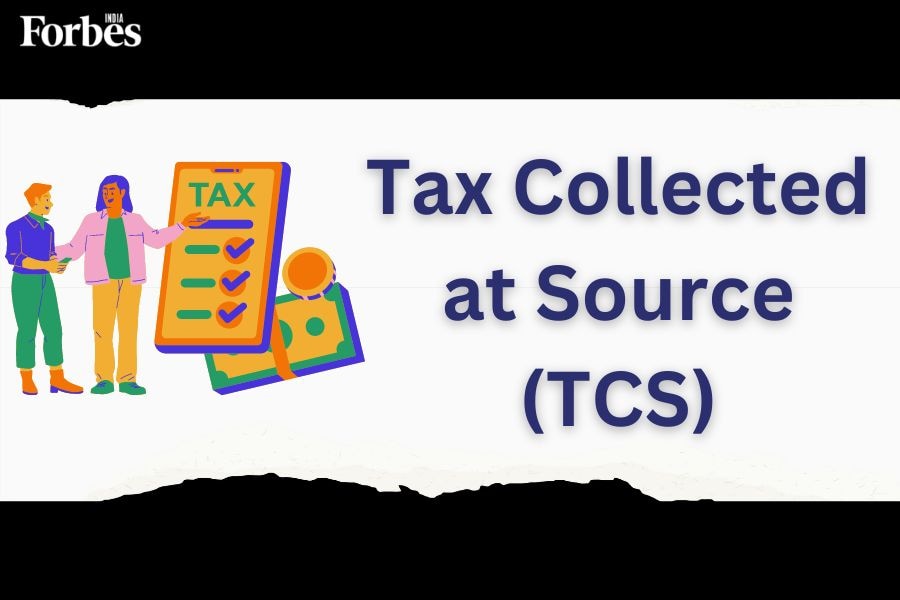
Tax collected at source (TCS) on sale of goods: Rates, due date, and more
Tax Collected at Source (TCS) is a type of tax levied on certain transactions. This guide provides a comprehensive understanding of TCS

The Indian taxation system is vast and multifaceted, with various taxes applicable to different transactions. The Tax Collected at Source (TCS) is one such tax that holds significant importance. TCS is usually the tax a seller collects from the buyer when certain goods or services are sold. The primary purpose of TCS is to track the actual sale transactions and ensure compliance with the tax regime.
What is Tax Collected at Source (TCS)?
Tax Collected at Source (TCS) is an indirect tax sellers collect from buyers when selling specific goods or services. The collected tax is then remitted to the government. The rate of TCS is determined by the Central Board of Direct Taxes (CBDT) and varies depending on the type of goods or services being sold. It's a key component of the Indian taxation system, designed to ensure that taxes are collected efficiently and effectively at the point of transaction.
Also Read: GST state code list and jurisdiction details
Classification of buyers and sellers in TCS
In the context of TCS, a buyer is any person who obtains goods or services from a seller in any sale, exchange, or transfer. On the other hand, a seller is a person who is responsible for collecting tax at the source. The seller could be a central or state government, a local authority, a company, an individual, or a Hindu Undivided Family (HUF).
List of goods and corresponding TCS rates
The TCS rates are different for various goods and services. Here is a brief list of some common goods and services, along with their corresponding rates for Tax Collected at Source:




